Have you ever tiptoed past a closed door, only to find your cat curled up right beside it, eyes half-closed but ears twitching? It’s a scene that never fails to tug at the heartstrings of cat lovers everywhere. Why do our mysterious feline friends choose to sleep in such an odd spot? Is it a sign of anxiety, loyalty, or just another quirky cat habit? The answer is not as simple as it seems, and it could reveal more about your cat’s personality and emotions than you ever imagined. Let’s unlock the secrets behind this captivating behavior and discover what it truly means when your cat sleeps near the door.
Seeking Security and Comfort
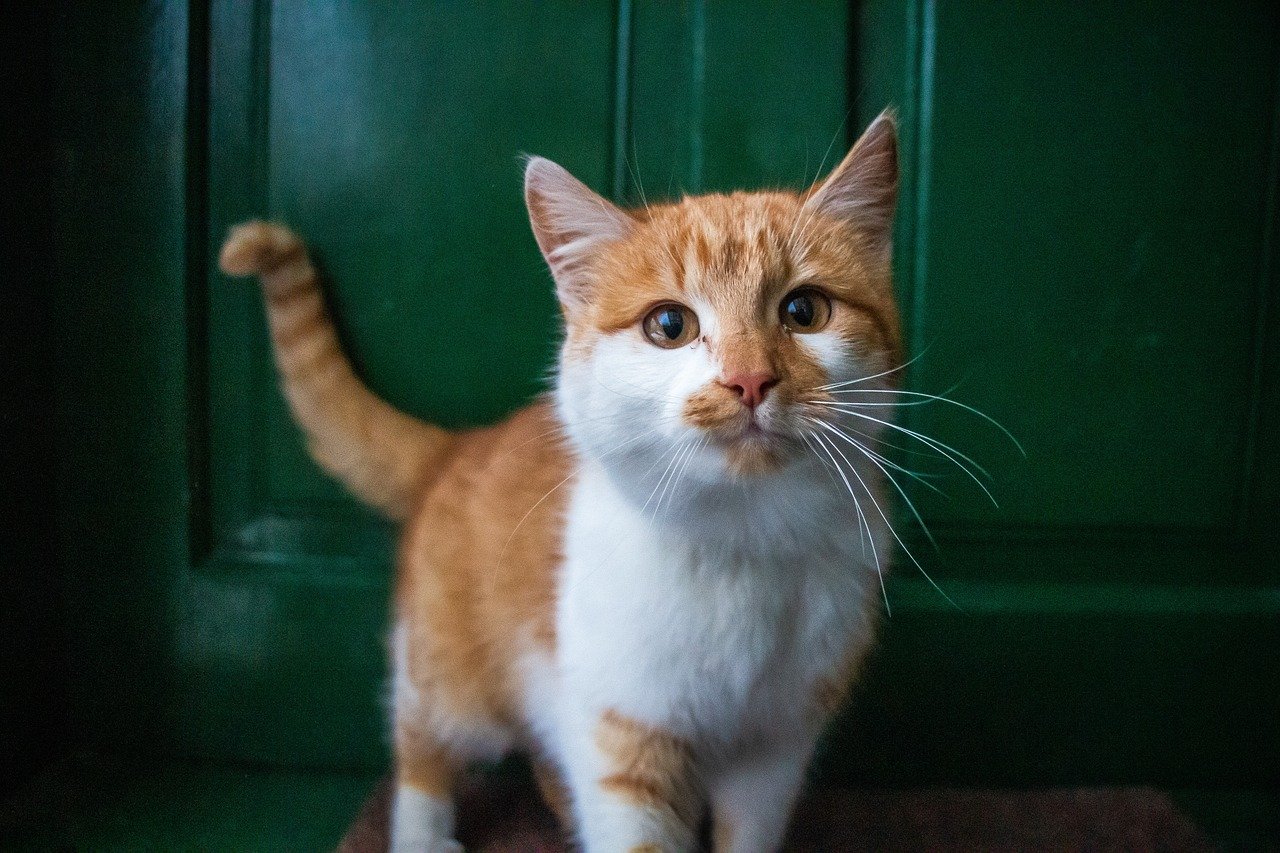
Cats are creatures of comfort, always searching for spots that make them feel safe. The area near a door might seem exposed to us, but to a cat, it often offers a strategic vantage point. They can keep an eye on what’s happening in the hallway or beyond, while also having a quick escape route if needed. This spot can give them a sense of control over their environment. Sometimes, the threshold of a door is just the right temperature, especially if a draft brings in cooler or warmer air. For many cats, this blend of safety and comfort is irresistible.
Guarding Their Territory

Despite their cuddly appearance, cats are natural-born protectors of their space. When your cat sleeps near the door, it may be acting as a tiny, furry sentry. Doors represent boundaries—the line between their territory and the unknown. By placing themselves at this point, your cat is monitoring for intruders or changes in their environment. It’s a subtle message: “This is my domain.” Even indoor cats have strong territorial instincts, which can come out in this unique way.
Waiting for Their Favorite Human
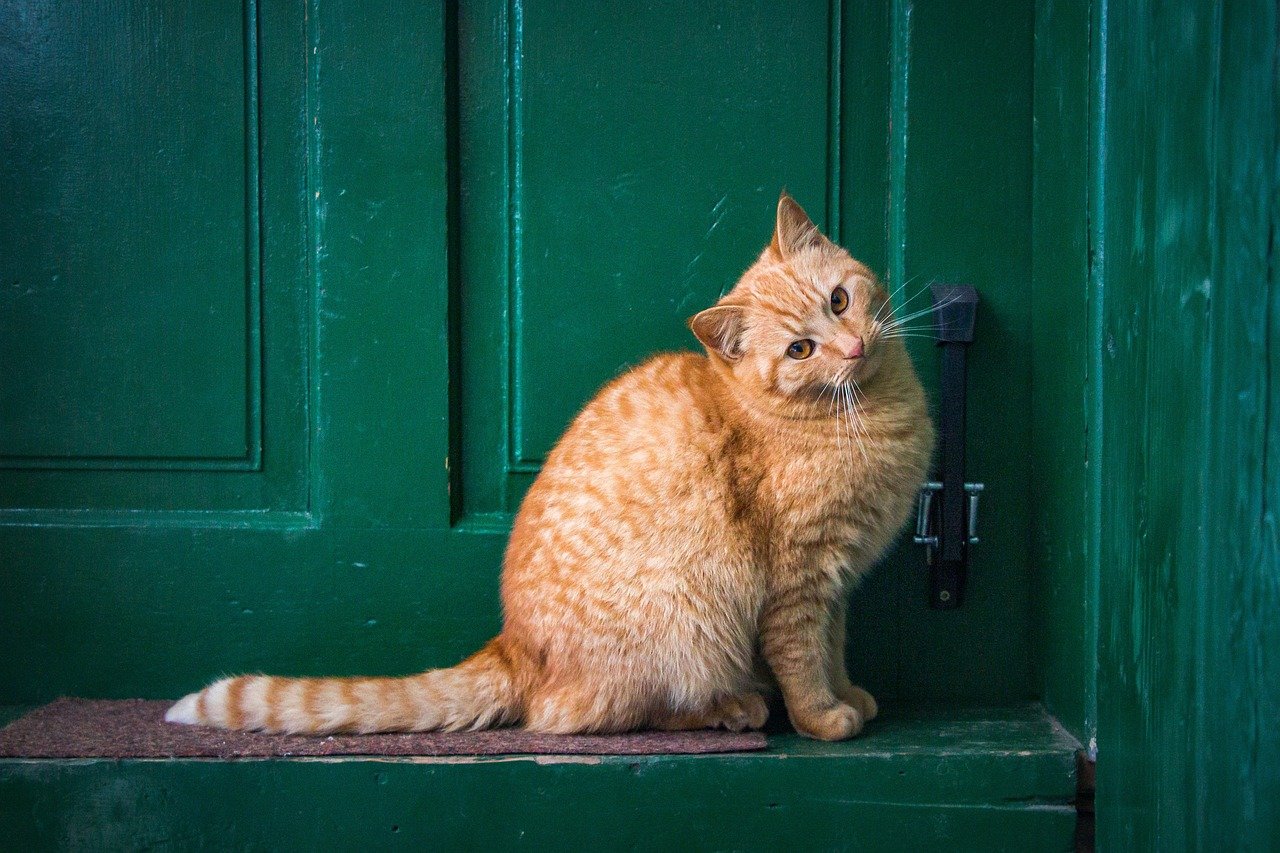
One of the most touching reasons your cat may sleep near the door is anticipation. If you leave the house often or close the door to a room, your cat might settle there to wait for your return. This is their way of showing affection and loyalty, even if it seems a little clingy. The sound of your footsteps or the jingle of keys is enough to make their tail twitch with excitement. Sleeping near the door keeps them close to the action—and you.
Curiosity About the Outdoors

The world beyond the door is a place of endless fascination for cats. Whether it’s a front door or a door to another room, there’s always the possibility of something new happening on the other side. Cats are naturally curious, and sleeping by the door makes them feel closer to the excitement. They might listen intently for noises, sniff for interesting scents, or simply daydream about what’s out there.
Claiming Prime Real Estate
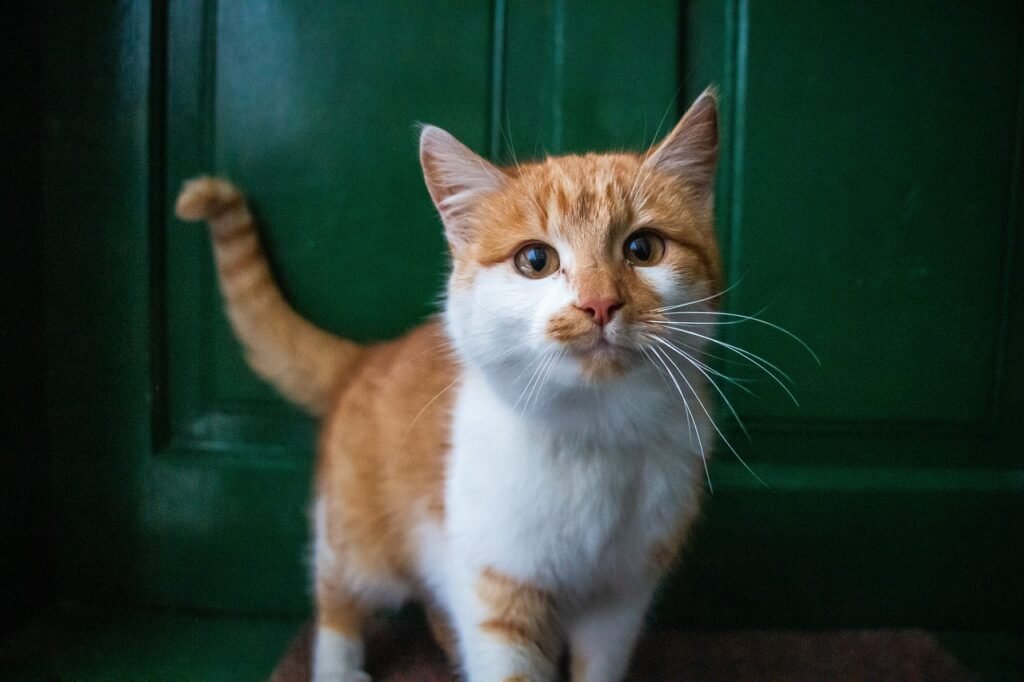
In a multi-cat household, the area by the door can be hot property. Cats will often compete for the best sleeping spots, and the door is no exception. If your cat regularly wins this spot, it’s a sign they’re asserting their place in the household hierarchy. It’s not always about dominance, but more about comfort and preference. Watch how your other cats react—they might wait their turn or try to nudge the “door cat” away.
Sensitivity to Noise and Movement

Doors are natural focal points for household noise and movement. Your cat might be drawn to sleep near the door simply because it’s a place where they can hear everything. From footsteps to voices, the sounds traveling under or around a door are intriguing. This behavior is especially common in cats who are more nervous or alert by nature. By sleeping here, they stay tuned in to the goings-on of the home.
Enjoying the Temperature Variations
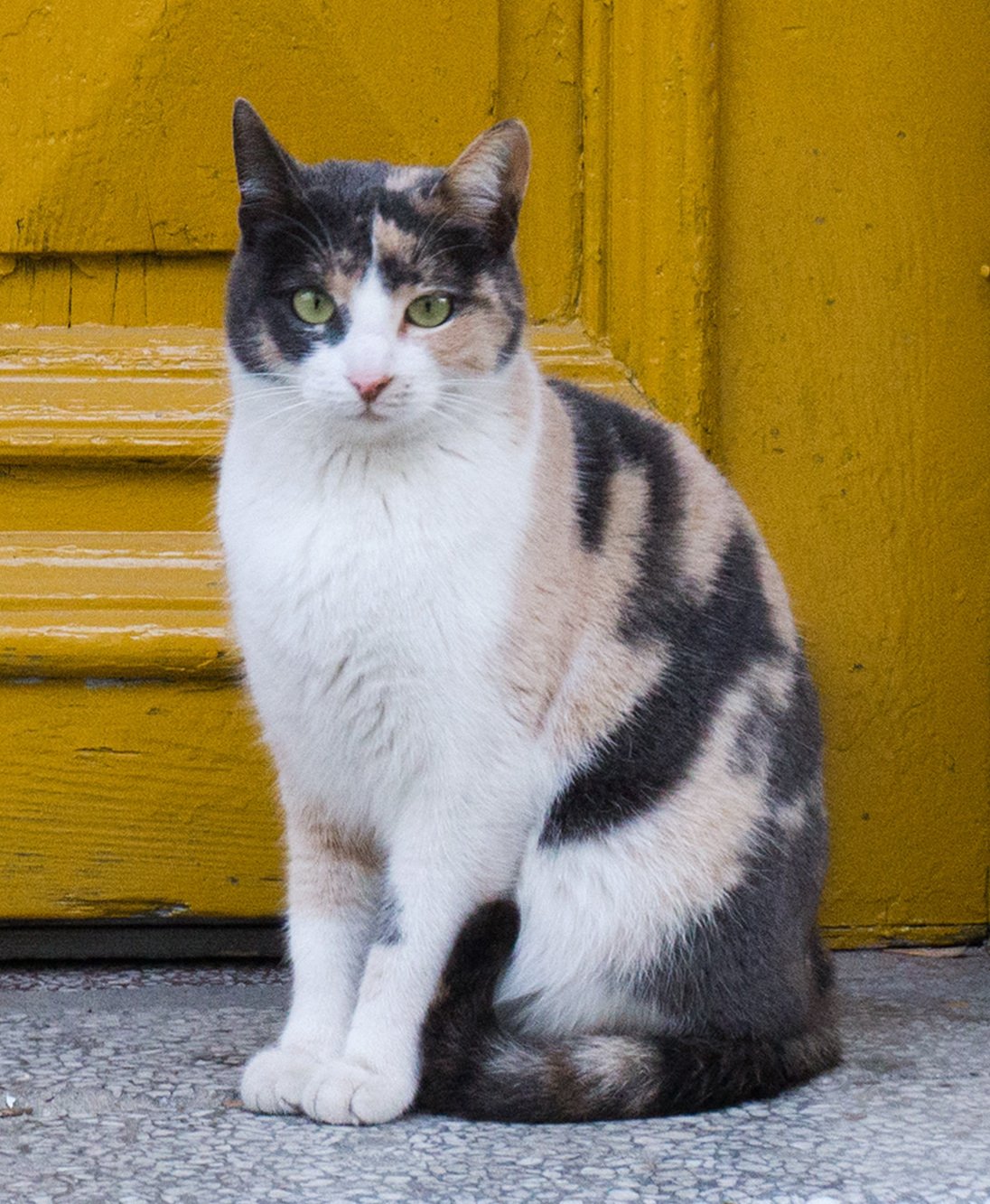
The space near a door often has unique temperature differences compared to the rest of the room. During winter, it might be a bit cooler, and in summer, a refreshing breeze can slip through. Cats are experts at finding the perfect temperature for napping. If you notice your cat sleeping near the door when the weather changes, it could be their way of regulating body heat.
Marking Scent and Ownership
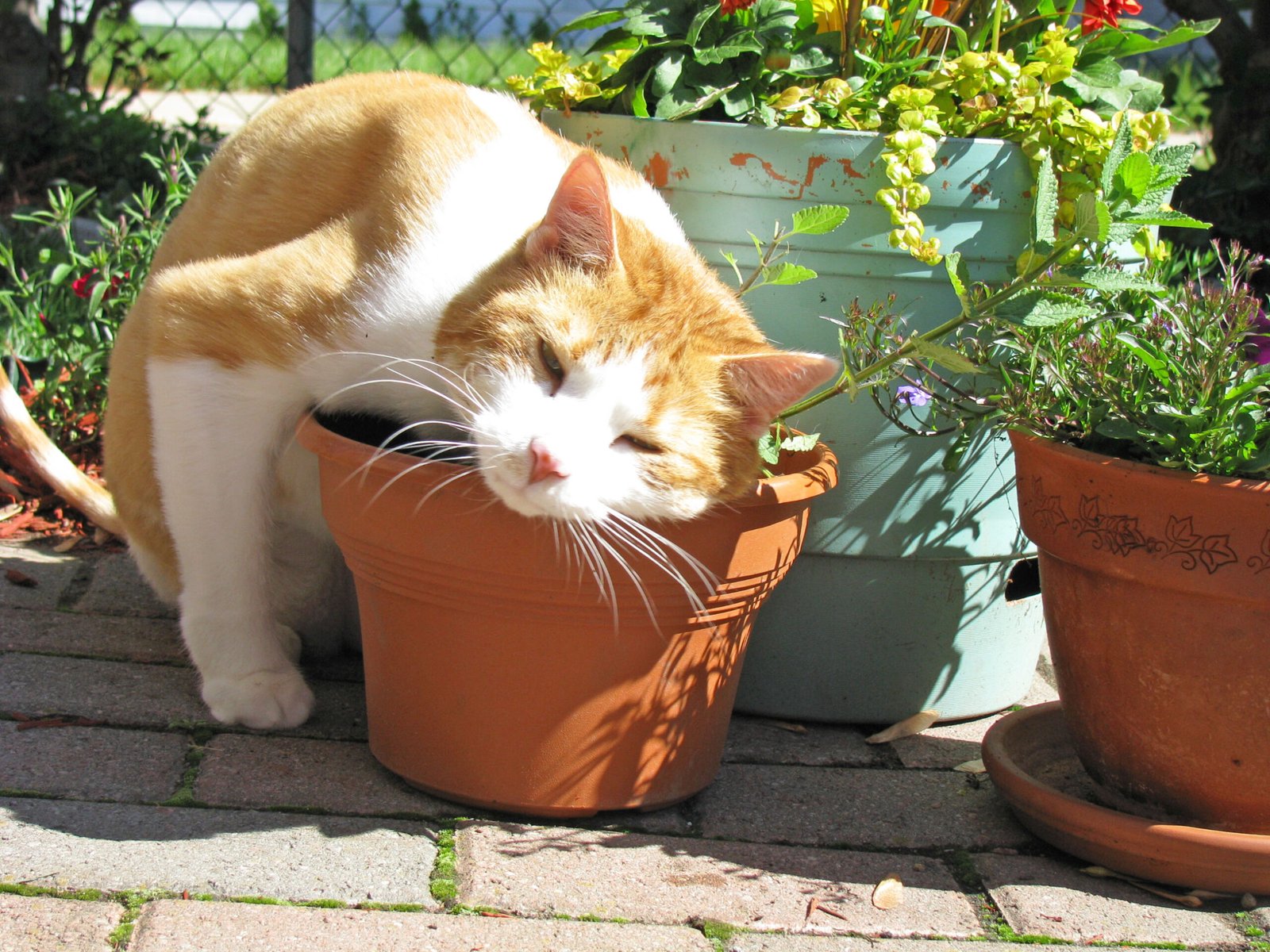
Cats have scent glands in their cheeks, paws, and even their flanks. By sleeping near the door, they’re not just lounging—they’re also marking the area with their scent. This subtle act tells other animals, “This spot belongs to me.” It’s a form of silent communication that’s deeply rooted in feline instinct. If you have guests or new pets, your cat might be extra eager to claim these key spots.
Responding to Changes at Home

Major changes in a household—like a new pet, baby, or visitor—can make your cat seek out the door more often. The door becomes a buffer zone where your cat can observe changes from a safe distance. Sleeping there gives them a sense of control when everything else feels uncertain. If you’ve recently remodeled or rearranged furniture, you might see this behavior increase.
Isolation and Privacy
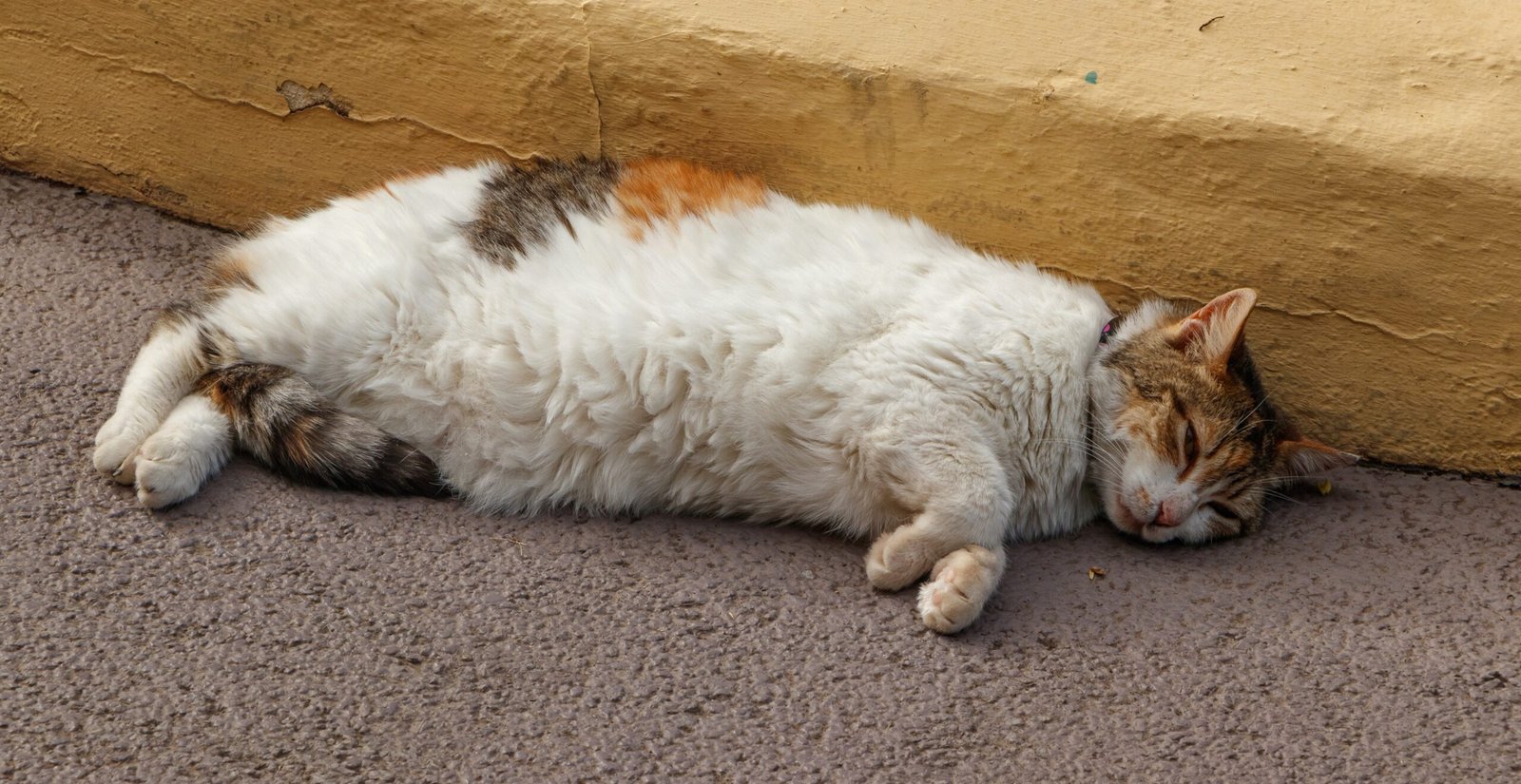
Sometimes, cats crave solitude just as much as they love attention. The area near a door, especially if it’s a little out of the way, can offer just the right amount of privacy. If your cat seems overwhelmed by noise or other pets, sleeping by the door could be their way of finding peace. It’s their version of putting up a “do not disturb” sign.
Monitoring Other Pets

If your household includes dogs, other cats, or even small animals, your cat may sleep near the door to keep tabs on everyone. This spot offers a clear line of sight and quick access to different rooms. It’s a clever way for your cat to stay in the loop without getting too involved. You might notice this behavior more if tensions are high between pets.
Reacting to Previous Experiences

Cats never forget. If something interesting, exciting, or even scary happened near a door in the past, your cat may be drawn to that spot again and again. This is especially true for rescue cats or those with a history of moving homes. The door becomes a focal point for memories and emotions, both good and bad.
Observing Human Routines

Cats are keen observers of human behavior. They know when you’re about to leave, return, or head to a particular room. Sleeping near the door helps them stay close to your daily routine. Some cats even use this spot to remind you it’s time for dinner or play. Their internal clock is surprisingly accurate, and the door is their front-row seat to your life.
Managing Stress and Anxiety

Life can be stressful for a cat, especially in a busy household. Sleeping near the door can be a coping mechanism, a way to feel less trapped and more in control. If your cat is anxious, this behavior might become more frequent. Look for other signs of stress, like excessive grooming or hiding, to get a complete picture of your cat’s emotional state.
Preparing for a Quick Getaway
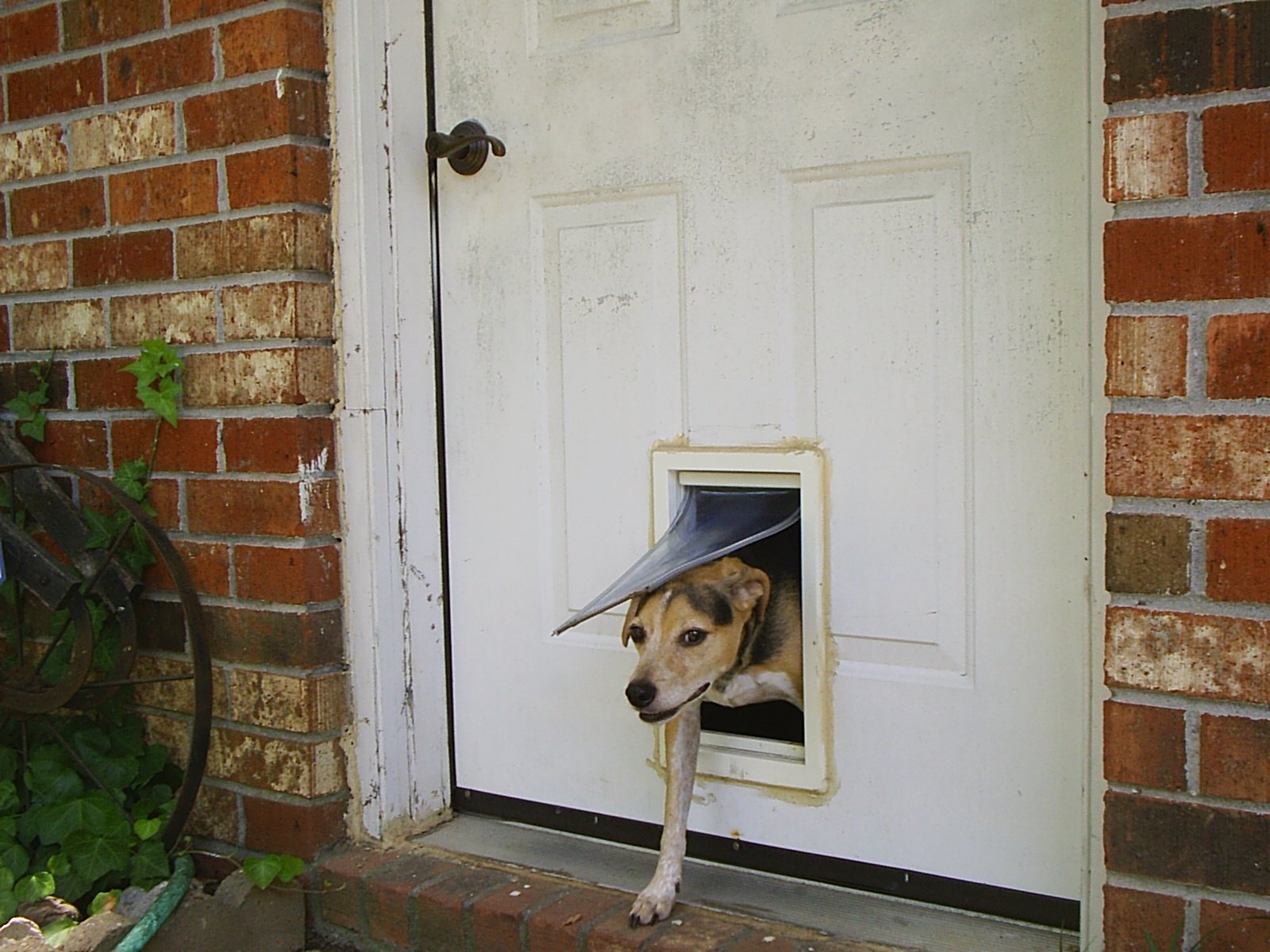
Even the most laid-back cats like to know their escape routes. By sleeping near the door, they have a direct path to safety if something startles them. This is especially important in multi-pet homes or when there are children around. It’s not a sign of fear, just smart feline strategy. Your cat is always thinking two steps ahead.
Bonding With Other Cats
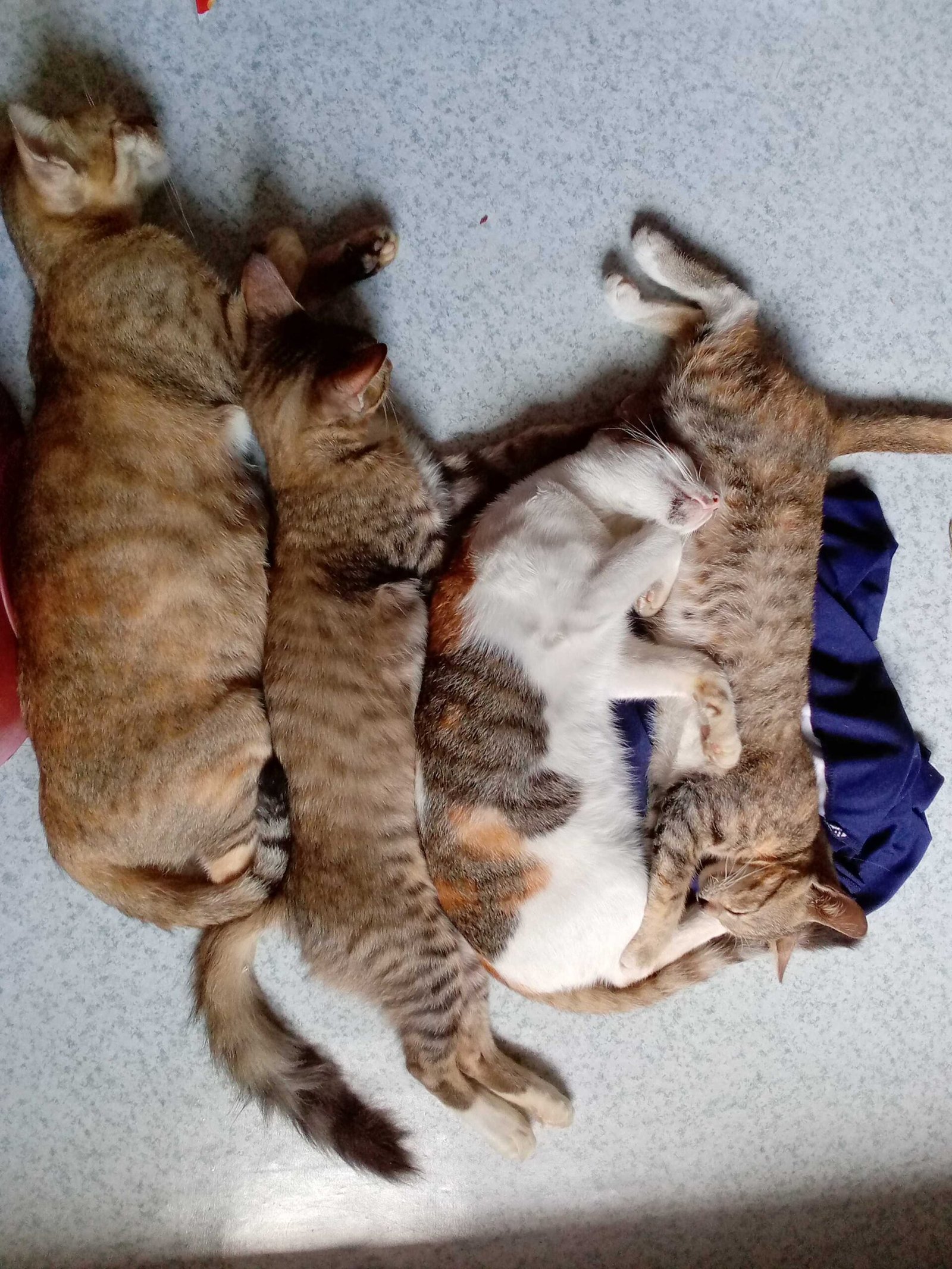
In homes with more than one cat, the door area can become a social hub. You might find two or more cats sharing the space, grooming each other, or simply napping side by side. This is a sign of trust and comfort within the group. The door acts like a communal spot where relationships are reinforced.
Enjoying Sunlight or Shade
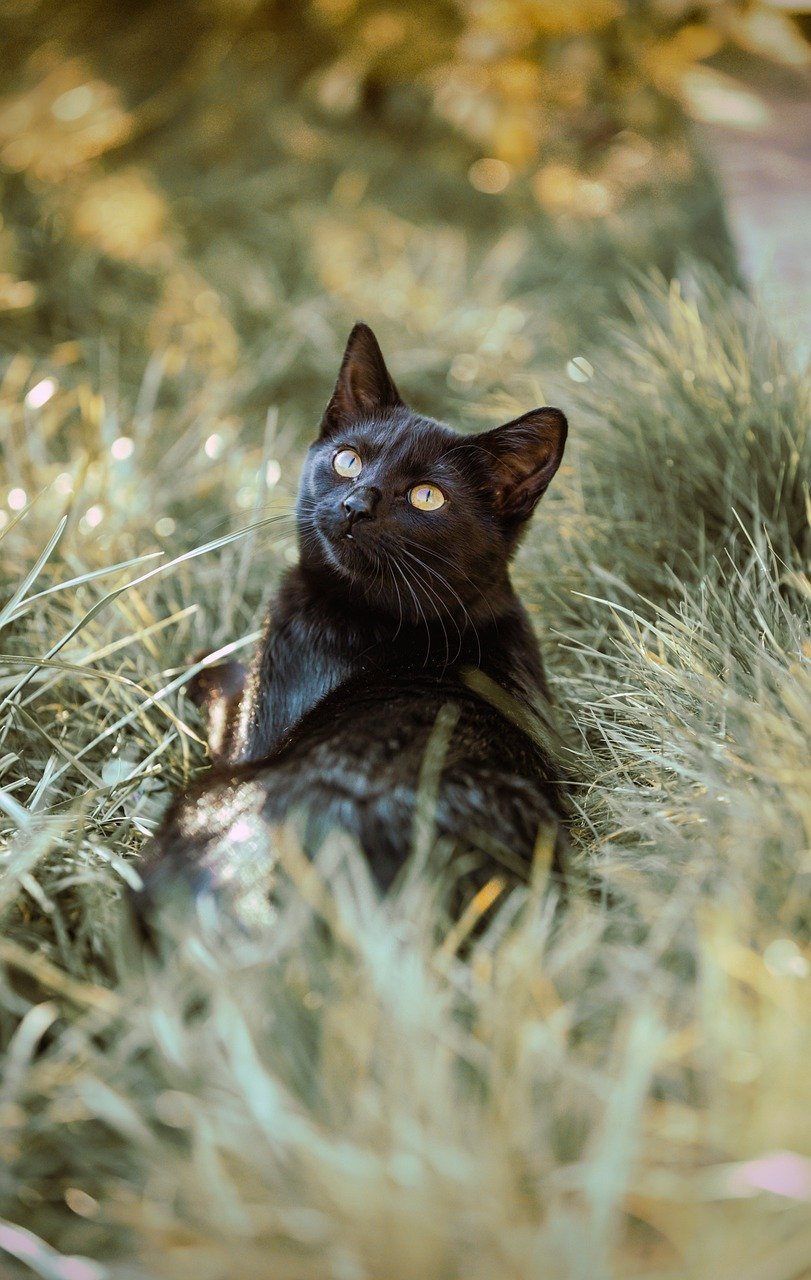
Depending on the direction your door faces, the area nearby may get a beam of sunlight or a cool shadow. Cats are known for their love of sunbathing, and a well-placed door can offer the perfect patch of warmth. On the flip side, if the rest of the house is too bright, the shade by the door might be more inviting. Your cat knows exactly what they need at any given moment.
Expressing Individual Personality

Just like people, every cat has a unique personality. Some are bold and adventurous, while others are shy and reserved. The choice to sleep by the door could simply reflect your cat’s individual quirks. Maybe it’s their favorite spot, or maybe it changes with their mood. Paying attention to these habits can help you understand your cat better.
Responding to Smells and Sounds
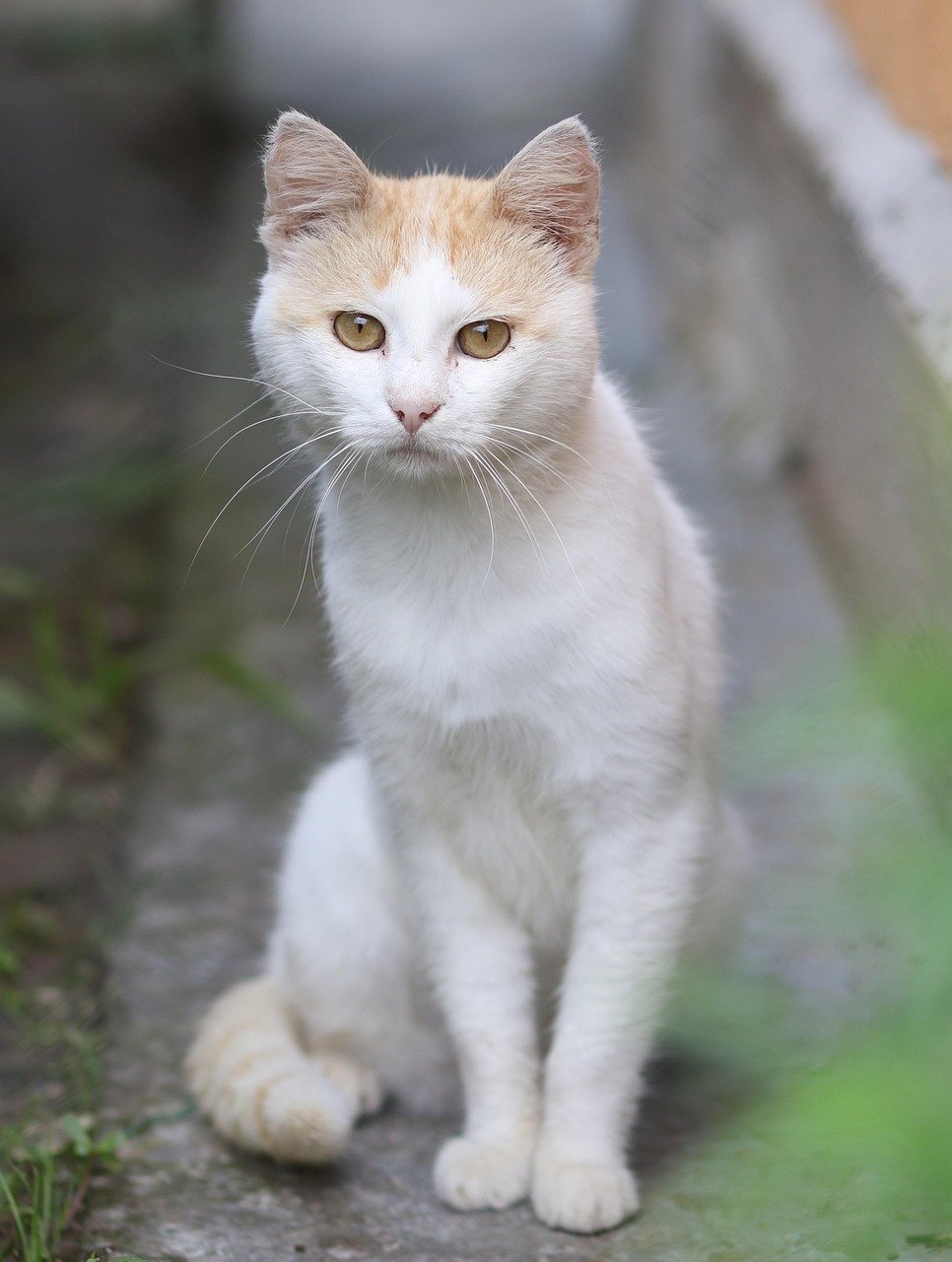
Doors are often entryways for new scents and unfamiliar noises. Whether it’s the smell of food from the kitchen or the sound of a neighbor outside, your cat’s senses are always on high alert. Sleeping near the door lets them investigate these stimuli without having to get up. It’s a way to satisfy their curiosity while still enjoying a nap.
Imitating Human Behavior

Believe it or not, cats sometimes mimic their humans. If you spend a lot of time near the door—coming and going, waiting for guests, or chatting in the hallway—your cat may want to be part of the action. Sleeping by the door can be their way of joining in, even if it’s in a typically feline, low-key way. This shared space builds a subtle bond between you and your pet.
Signaling a Need for Change
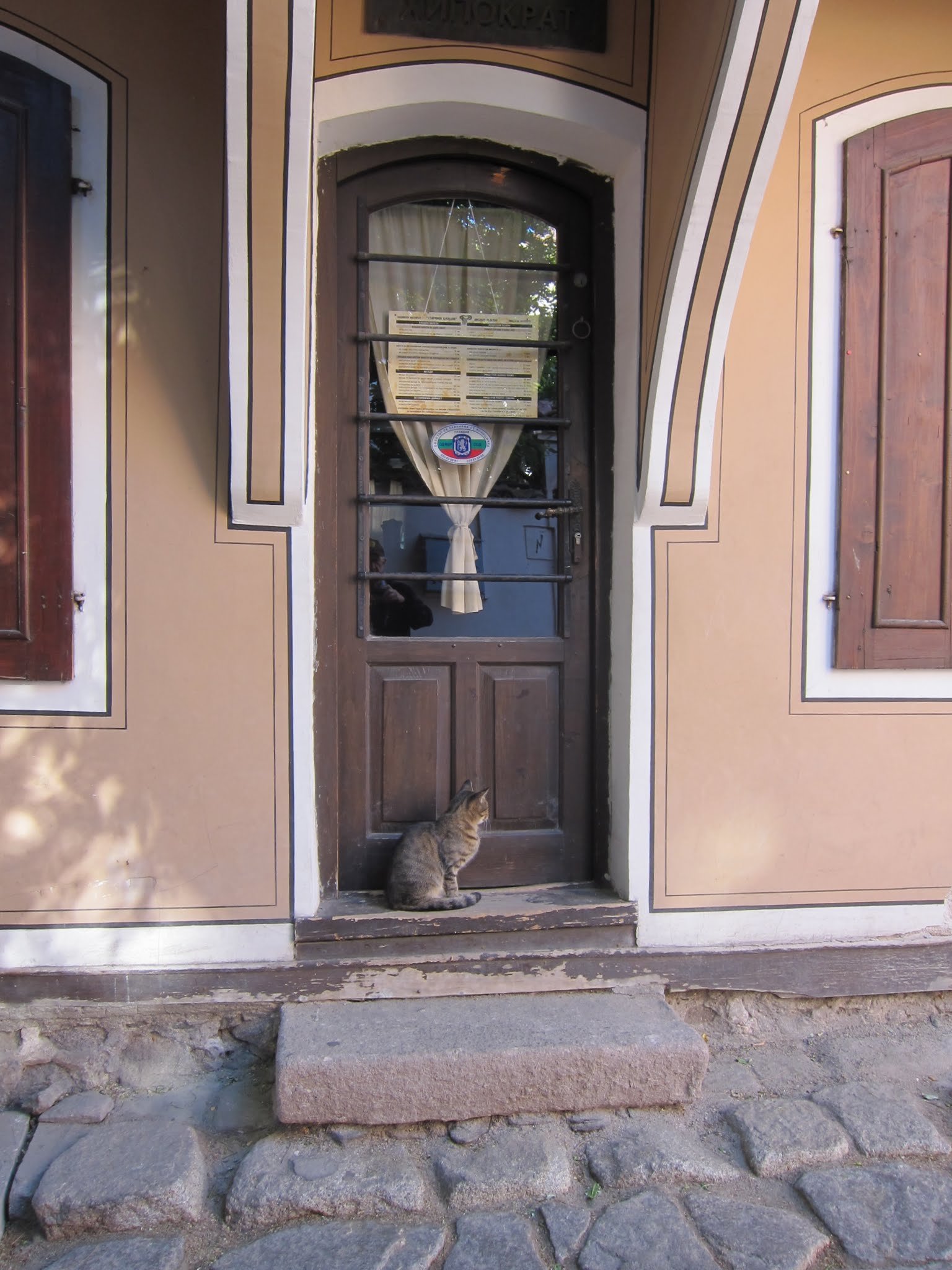
Finally, if your cat suddenly starts sleeping by the door more than usual, it could be their way of signaling that something is off. Maybe their usual favorite spot isn’t as comfortable, or perhaps they’re looking for more interaction. Pay close attention to any changes in their behavior. Sometimes, the smallest actions can speak volumes about your cat’s needs.
Hi, I’m Bola, a passionate writer and creative strategist with a knack for crafting compelling content that educates, inspires, and connects. Over the years, I’ve honed my skills across various writing fields, including content creation, copywriting, online course development, and video scriptwriting.
When I’m not at my desk, you’ll find me exploring new ideas, reading books, or brainstorming creative ways to solve challenges. I believe that words have the power to transform, and I’m here to help you leverage that power for success.
Thanks for stopping by, Keep coming to this website to checkout new articles form me. You’d always love it!





